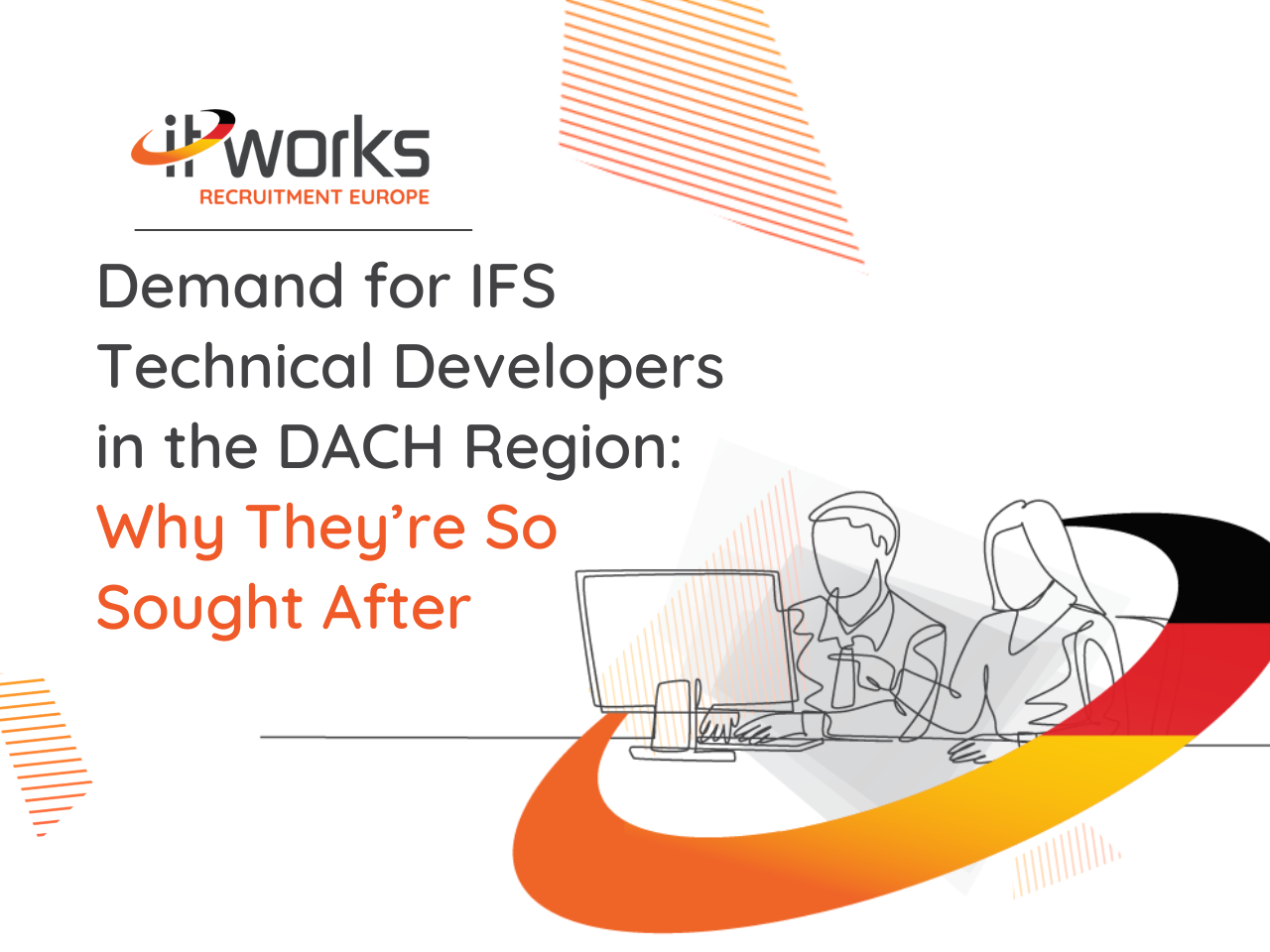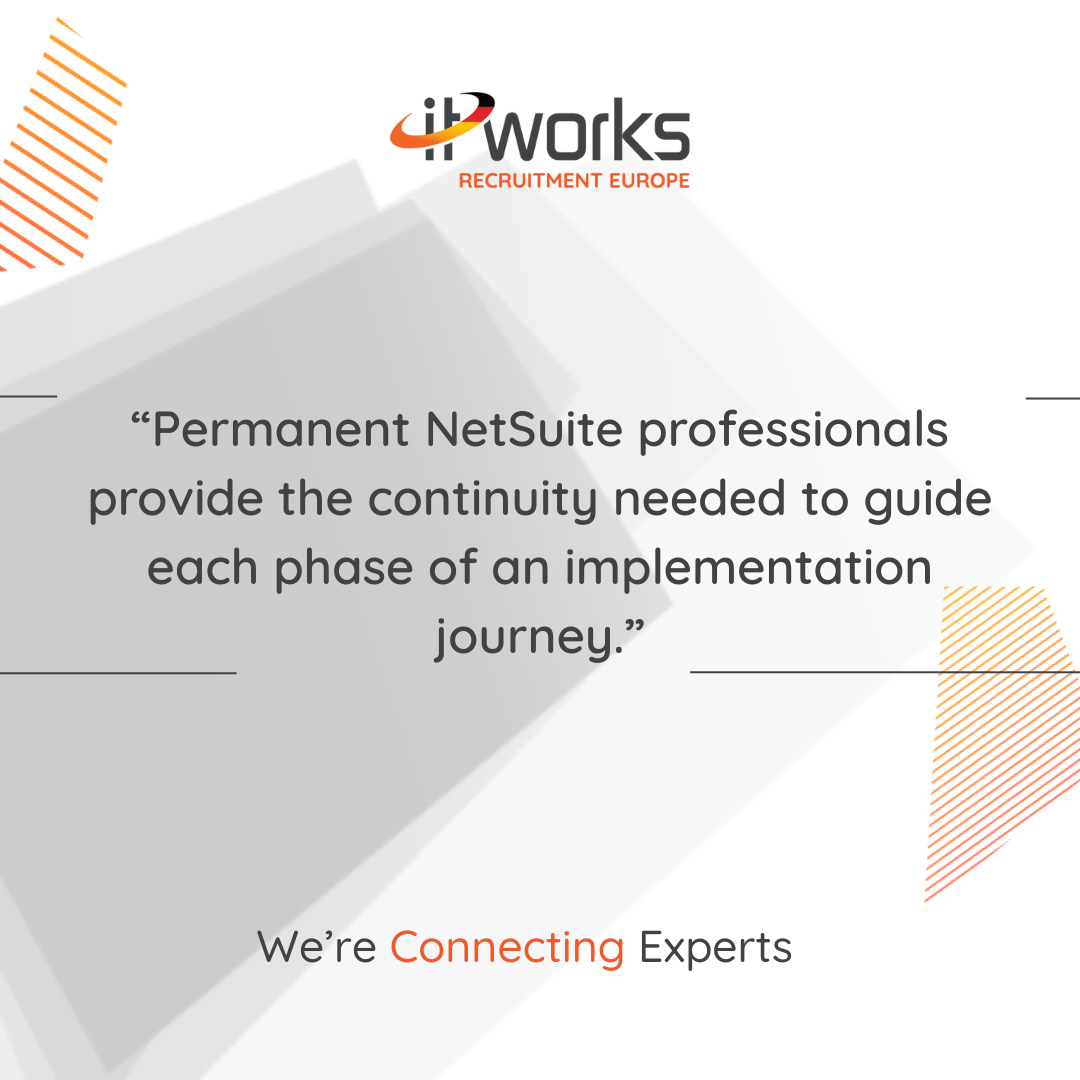The landscape of Enterprise Resource Planning (ERP) in the DACH region is undergoing a significant transformation. As a global leader in ERP solutions, IFS is experiencing accelerated adoption across industries, driven by advancements in cloud technology and industrial AI. For businesses still relying on legacy systems, this shift presents both challenges and opportunities.
Why the Shift to IFS ERP Matters
IFS has been recognised as a leader in the ERP space, particularly in manufacturing and asset-intensive industries. In 2024, IFS achieved over €1.228 billion in total revenue, with a 32% year-over-year growth in Annual Recurring Revenue (ARR) and a 38% increase in cloud revenue. This growth reflects a broader trend of companies seeking more agile, industry-specific ERP solutions that can scale with their operations.
The DACH region, known for its strong industrial base, is at the forefront of this transition. Companies are increasingly adopting IFS ERP to streamline operations, enhance data analytics capabilities, and leverage the power of cloud computing. This shift is not just about technology; it's about aligning business processes with digital transformation goals.
Key Drivers of IFS ERP Adoption in DACH
1. Industry-Specific Functionality
IFS ERP is tailored for industries such as manufacturing, aerospace, energy, and utilities. Its deep industry focus allows businesses to implement solutions that are closely aligned with their operational needs, leading to more efficient processes and better outcomes.
2. Cloud-Native Architecture
IFS Cloud offers a flexible, scalable platform that supports continuous innovation. With biannual updates, businesses can stay ahead of technological advancements without the disruptions associated with traditional ERP upgrades.
3. Integration of Industrial AI
IFS has integrated industrial AI capabilities into its ERP solutions, enabling predictive maintenance, optimized supply chains, and enhanced decision-making. This integration helps businesses in the DACH region maintain their competitive edge in a rapidly evolving market.
4. Customer Satisfaction and Recognition
IFS's commitment to customer success is evident in its recognition as a Customers' Choice in the 2024 Gartner Peer Insights Voice of the Customer for Cloud ERP for Product-Centric Enterprises. This accolade reflects high levels of customer satisfaction and trust in IFS's solutions.
Implications for Businesses in DACH
For companies in the DACH region, the rapid adoption of IFS ERP presents both challenges and opportunities:
- Digital Transformation: Embracing IFS ERP can accelerate digital transformation initiatives, leading to more agile and responsive business operations.
- Competitive Advantage: Companies that adopt IFS ERP can gain a competitive edge by leveraging advanced analytics and AI-driven insights.
- Talent Acquisition: The demand for professionals skilled in IFS ERP is increasing. Businesses may need to invest in training or recruitment to ensure they have the necessary expertise.
Preparing for the Future
To stay ahead in this rapidly evolving landscape, businesses should consider the following steps:
- Assess Current Systems: Evaluate existing ERP systems to identify gaps and areas for improvement.
- Engage with Experts: Consult with ERP specialists to understand how IFS can be tailored to specific business needs.
- Invest in Training: Ensure that teams are equipped with the skills needed to leverage IFS ERP effectively.
- Monitor Industry Trends: Stay informed about developments in ERP technology and industry-specific best practices.
Conclusion
The adoption of IFS ERP in the DACH region is not just a technological shift; it's a strategic move towards more efficient, data-driven, and agile business operations. By embracing this change, companies can position themselves for success in an increasingly competitive market.
If any of this resonates, you can get in touch with us today.




